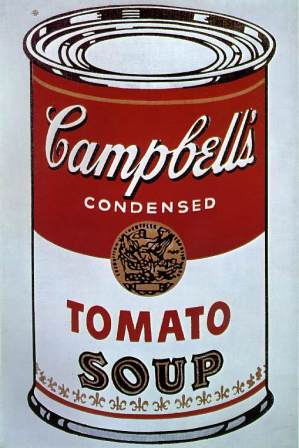Pop(ular) Culture
by popjunior
My first blog post will be why I chose Pop(ular) Culture for The Territories Of Practice (TOPs). TOPs is part of my university course unit and I had to choose from 8 different programs.
My first thought of Popular culture was things that begins with “pop” such as pop art, pop music, pop fashion, etc.. or anything that claims to be modern so I had pretty much no idea of what it was. Then when I looked at the program description it said
“This option explores popular culture allied to social theory and its relationship to market structure and the creative process. Popular culture changes constantly and occurs uniquely in place and time and forms currents and eddies that represent a complex of mutually interdependent perspectives and values. The unit will include a broad range of case studies and examples from a range of design and media disciplines including visual communication, fashion, music and print and broadcast media.”
I like how it describes popular culture as a constant and transformative movement. I realised I am unconsciously living in mass popular culture, I just wasn’t paying enough attention to the term popular culture. I always wondered how things get accepted and spread across in mass and gradually fades away. How does it all start and what’s so special about this word?(or is this just a word that categorises any complex social theory?) I thought it would be very interesting to explore case studies and approach from the academic perspective.

When I thought about Popular culture image, I came up with Andy Warhol’s Campbell Soup Can. I guess that is partly because he was (and still is) one of the best pop artists in the world and the way he created a huge business by mass producing his work. The main reason why I came up with this image is because I see this pretty much everywhere; printed on mugs, T-shirs, notepads, fridge magnets, posters, etc… and this reputation and popularity becomes somehow expendable yet witty and glamorous. Also, I think Andy Warhol was a popular culture icon himself.